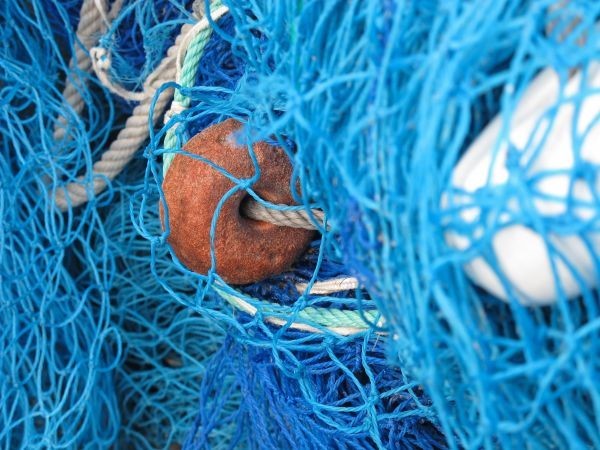In the third year of annual fisheries negotiations with the UK operating as an independent coastal state, the UK and EU agreed catch levels for 69 important fish stocks. This included some of the most commercially valuable stocks to the UK fishing industry such as North Sea Nephrops (£54m), Anglerfish (£31m) and Western hake (£25m).
Throughout the negotiations, the UK Government has worked closely with the devolved administrations to ensure fishing communities across the UK will benefit from the agreement. The Scottish industry, for example, will benefit from improved catch levels for North Sea stocks including cod, hake, whiting and nephrops.
The agreement also commits the UK and EU to work together to provide more sustainable fisheries management.
Fisheries Minister Mark Spencer said: “Our agreement with the EU secures valuable fishing opportunities for the UK fishing industry while cementing our joint commitment to manage fisheries sustainably.
These decisions are based on the latest scientific advice to help protect key fish stocks with the long-term health of the marine environment at the forefront of our minds.”
This latest deal follows an agreement with the UK, EU and Norway on six North Sea fish stocks including cod, haddock and herring worth £202m to the UK fishing industry, and a further £11 million in stocks in other waters around the UK.
In the same week, the UK secured catch limits worth a further £256m with the North East Atlantic coastal States, while an agreement with Norway last month will see the UK fishing industry benefit from fishing opportunities worth £5 million in 2023.
ICES advice
Defra said that Sustainability has been at the heart of the UK’s approach to all the negotiations to ensure key fish stocks are protected and to support the long-term viability of the UK fishing industry. Wherever possible, catch levels have been set in line with, or lower than, the level advised by scientists at the International Council for the Exploration of the Sea (ICES), and there is an estimated 13% increase in catch levels that align with ICES advice compared to last year.
Reaction from NGOs
There has been swift reaction from some NGOs to the news: Oceana said that ‘despite international commitments to end overfishing by 2020, the EU and the UK still set fishing limits for a significant number of fish stocks that will see their continued overexploitation.’ Vera Coelho, senior director of advocacy at Oceana in Europe, went on to say: “Not only did decision-makers disregard the zero catch scientific advice for the most heavily depleted stocks, such as West of Scotland cod, Irish Sea whiting, and Celtic Sea herring, they also continue to allow excessive incidental catches of these stocks by other fisheries – which will render their recovery to sustainable levels nearly impossible.”
Next steps
The outcome of annual fisheries negotiations will be published in the Secretary of State determination of fishing opportunities for British fishing boats by the end of the year.
The UK has also started negotiations with the Faroe Islands on exchanges of fishing opportunities for 2023.
The full news release from Defra can be read here.

No Comment